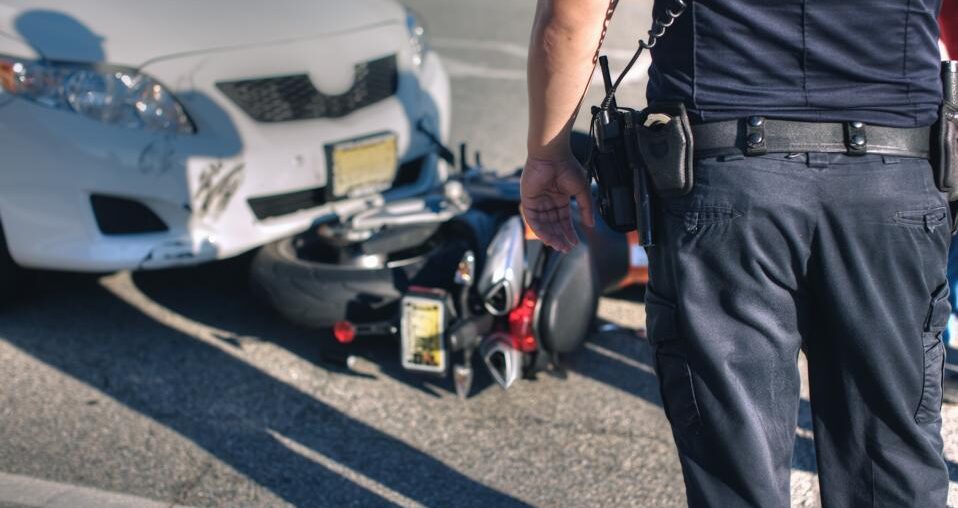According to recent motorcycle accident statistics, motorcycle riders are 28 times more likely to die in a crash and four times more likely to be injured compared to other motorists. When you’re involved in an accident, knowing your rights and the laws impacting your case is crucial for recovering damages.
California Statute of Limitations for Motorcycle Accident Cases
The California Statute of Limitations gives you two years from the accident date to file a motorcycle accident lawsuit. Observing this deadline is essential. If you file too late, the court may dismiss your case, leaving you unable to seek damages for your injuries and financial losses.
While the statute of limitations sets a general deadline for filing a motorcycle accident lawsuit, some exceptions could lengthen or shorten this deadline. For example, if a government employee negligently caused your crash, you must file a notice of claim within six months to retain your right to sue. Conversely, the statute may be paused in certain circumstances, including when the victim is a minor or incapacitated.
California Laws for Motorcycle Drivers
Knowing your rights and obligations under California law can be essential when you’re involved in an accident. Here’s a rundown of the essential laws for motorcycle riders in Sacramento:
- Damage caps. California does not place general damage caps on motor vehicle accident compensation, meaning you can recover the full amount of your damages. However, uninsured drivers or those under the influence may be barred from recovering noneconomic damages, such as pain and suffering.
- California helmet laws. According to the California DMV, all motorcycle riders and passengers in California must wear a federally approved helmet. Failing to do so can impact your personal injury claim, as the other side may argue that you contributed to your injuries by not wearing a helmet.
- Minimum insurance requirements. California law requires motorists to carry the following minimum liability insurance: $15,000 per person and $30,000 per accident for bodily injury, and $5,000 for property damage.
- Wrongful death claims. Under California law, family members can file a wrongful death lawsuit if a loved one dies due to another party’s negligence. Compensation may include funeral expenses, lost income from the deceased and awards for loss of companionship.
Identifying Fault for Motorcycle Accidents in California
If you’re injured or sustained property damage in an accident that’s not your fault, determining who is responsible is critical to recover compensation. Your attorney can identify the liable party and prove fault by examining the evidence, such as photos of the accident, police reports, witness statements and accident reconstruction.
California follows a pure comparative negligence system, meaning you can recover compensation even if you have some responsibility for the accident. Theoretically, you could even claim damages even if you are 99% at fault for a crash. However, compensation will be reduced according to your degree of fault. For example, if you were 60% responsible for the motorcycle crash, you could receive only 40% of your damages.

